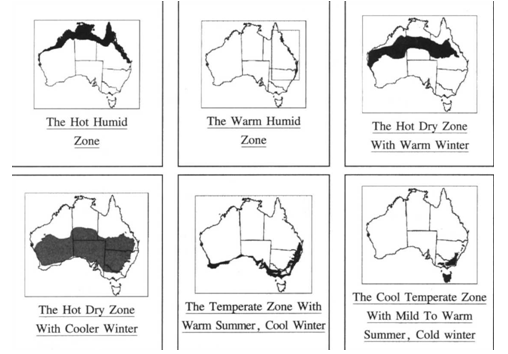上周,针对武汉等城市对春节燃放烟花爆竹实行有限度开放,你们班同学就"春节燃放鞭炮的利与弊"的主题进行了讨论。请你就下面的信息,给"校刊"(英文版) 编辑写封信,说明你们的讨论情况。
利 | 弊 |
1. 春节燃放烟花爆竹以示庆祝有悠久的历史 | 1. 不小心易造成人身伤害和财产损失 |
2. 可除邪并增加节日的欢乐气氛 | 2. 不仅造成噪声和环境污染,而且还会浪费大量的钱财 |
注意:
1. 信的开头和结尾巳写好(你叫李华) 。
2. 词数120.Dear Editor:
Last week,our classmates had a discussion about the good and bad sides of setting off fire?works during the spring festival.
